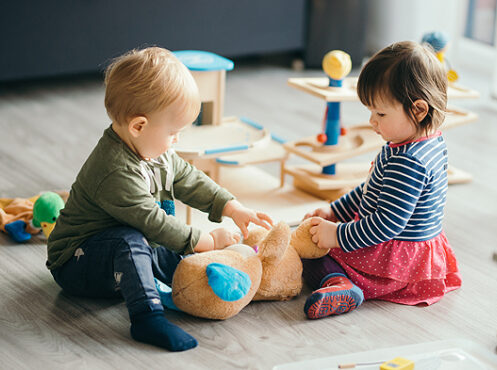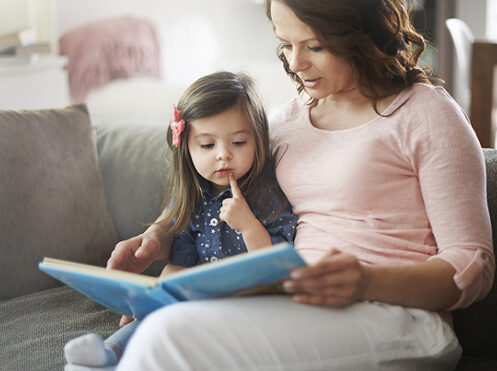Home . Pages . About
About Bilingualer


About Us
Learning through others
Fun Activities
Parent Interaction
Education
We are excited to offer you this new website dedicated to helping you teach baby language. Our mission is to provide you with the right tools and information to make learning baby language fun easy and rewarding.
We have put together a variety of resources to help you get started including tips on how to get baby started with learning language advice on which resources are most effective and ideas for activities that will help baby learn.
The lifelong benefits of being bilingual extend far beyond the ability to speak another language. From cognitive and professional advantages to social connections and health benefits, being bilingual enriches your life in countless ways.